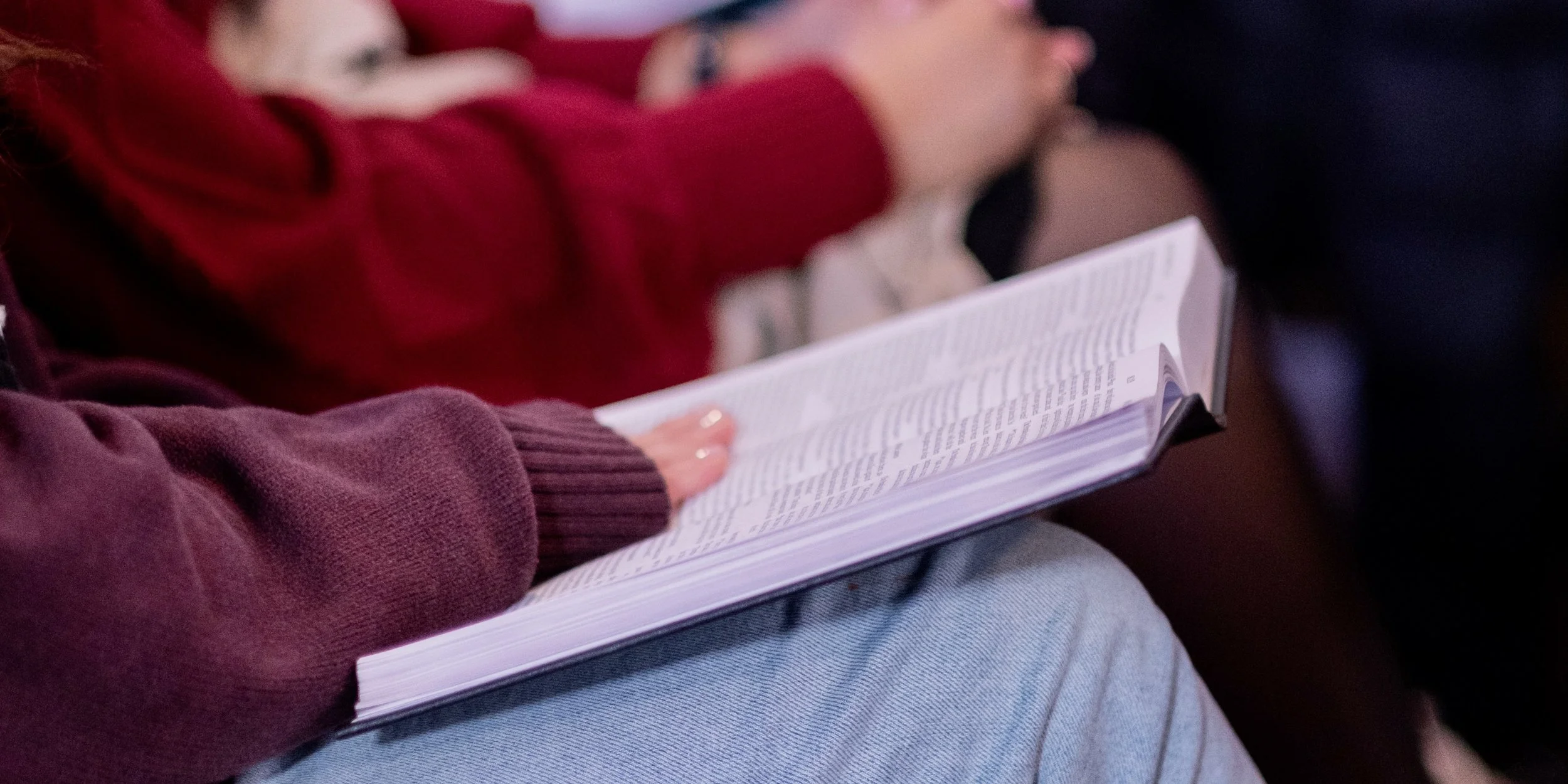Let Your Kingdom Come started with a simple WhatsApp message. “For the next song, I’d love for us to write something with a missional focus”, Pete typed. “I think we’re lacking songs with that kind of theme.” More than that, we needed mission-focused songs that weren’t self-focused. Not singing about what we’re going to do for God—as if he were desperate for our help—but about what he’s already doing in the world.
So we came upon one of the great and freeing truths of our faith: God does not need us. He’s not relying on us for his happiness or fame or mission. We are not the main characters in this drama. The plot line does not depend on us. Jesus is the one building his Church. The Father predestines, calls, and justifies. The Spirit softens stony hearts. God is writing his story with passion and power in his penstrokes. The kingdom is his.
God is ultimately devoted to building it for the sake of his glory, to see the nations come to him and exchange their angry fists for arms outstretched in adoration. As the Psalmist sings, “All the nations you have made shall come and worship before you, O Lord, and shall glorify your name" (Psalm 86.9). Worship is the end goal of the kingdom - of all history in fact.
All of this is good news for two reasons. Since God is the most beautiful, happy and glorious being, 1) worshipping him truly is a delight. And 2) although humanity is tempted to worship ugly, debasing, and disatisfying things, God simply won’t let that happen in the long run. Goodness and joy will outlive idolatry and sin. God’s glory (and our happiness in beholding him) will prevail.
So, what now?
Knowing that God is in control of his kingdom might make you think that our job is simply to sit back, kick up our feet, and watch the light dawn on the new creation. But God has something better in store for us. He invites us to assist him in creating a masterpiece, a world full of his glory.
Imagine a small child working beside a carpenter father, watching in amazement as his rough, weathered hands—sawdust under his nails—turn a block of wood into a piece of art. The father asks him to help in the work, to chisel and sand under his tender gaze. A little apprentice. So too with us and God. Or, to use another image, we’re representatives of a king, sent out to proclaim a message of hope in towns and cities everywhere. To announce good news. The message isn’t ours, yet God invites and honours us in the task of sharing it.
This is the reality we live in. God is in control, his kingdom is on the move, and in a surprising turn of events, he invites us to be part of building it. So, why not get caught up in this mission and make the bridge of Let Your Kingdom Come your prayer? ‘Let your kingdom come in me. Let my heart burn for the lost. ’ It’s one God loves to answer.
Artwork by Emily Ikoshi




